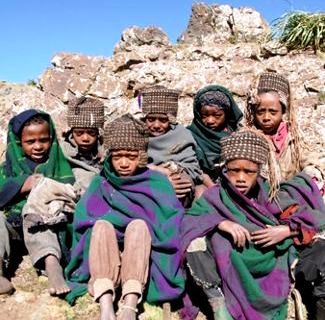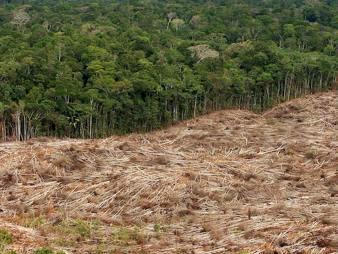 Gland / Berlin – On World Water Day 2013, WWF criticizes dam projects worldwide that continue to violate fundamental sustainability criteria.
Gland / Berlin – On World Water Day 2013, WWF criticizes dam projects worldwide that continue to violate fundamental sustainability criteria.
In the WWF report, “Seven Sins of Dam Building”, numerous dam projects under construction or planned are given a failing review by the conservation organization. Aside from the internationally controversial Belo Monte (Brazil) and Xayaburi (Laos) dams, European projects, such as in Austria and Turkey, are also on the list.
The ‘seven sins’ outlined in the report include issues with dam location, neglecting biodiversity, environmental flows, social and economic factors, and risk analysis. WWF also notes that dam decisions often blindly follow “a bias to build” without considering better, cheaper, and less damaging alternatives.
“Properly planned, built, and operated dams can contribute to food and energy security. Unfortunately, short-term interests are too often the focus of decision-making,” says Dr. Jian-hua Meng, Water Security Specialist for WWF.
“In order to guarantee acceptable levels of social and environmental sustainability, dam installations and operations should be stringently checked against sustainability criteria as formulated under the World Commission on Dams or the Hydropower Sustainability Assessment Protocol. If necessary, insufficiently performing projects must be modified or halted,” added Meng.
No sustainable outcomes can be expected when dam proponents rely on superior financial strength and political connections rather than on dialogue, transparency, and reason, says WWF. Additionally, some governments lack the capacity or independence to protect public interests.
Successful and overall long-term beneficial dam projects need more than just the legal regulator’s approval, according to the report.
“For large-scale projects, operators must also obtain the ‘social license to operate’. Acceptance of the project by the population is fundamental to sustainable management,” says Meng. “Negative effects, such as relocation, destruction of cultural sites, or the collapse of local fisheries are still too often dismissed as somebody else’s problem.”
Scientific evidence and risk assessments too frequently lose out to one-sided political or economic agendas, according to the report.
Subsequently, dams are still planned and built in ecologically high value areas and biodiversity loss is still too often not accounted for. Serious impacts, caused by a change in the natural water flow dynamics or the disappearance of wetlands, are still not given consideration.
Moreover, the size of a dam is not necessarily a deciding factor. Though numerous mega-projects can be found in the report’s case studies, the cumulative impact of many small hydro projects, like for instance in Romania, cannot be underestimated.
The problems are not limited to developing and emerging countries. G7 companies and engineers continue to not only push projects forward in emerging markets that are unacceptable by global standards, but also in the heart of the EU and North America, reproaches WWF.
For example, heavy ecological deterioration looms for three alpine valleys in the Ötztal Alps in Austria, if the extension of the Kaunertal hydroelectric power plants is implemented with the current plans, the report cites.
“WWF reviewed nine dams and we found that many projects commit not just one, but many grave sins of dam building. However, these errors are avoidable. Lack of capacity, economic pressure, or specific regional circumstances can no longer be presented as excuses,” Meng stated.
Source: WWF.













